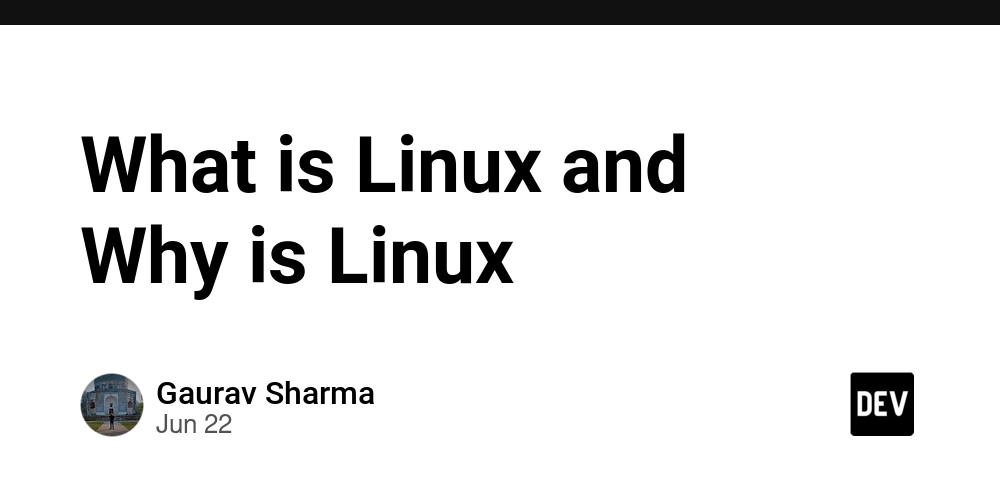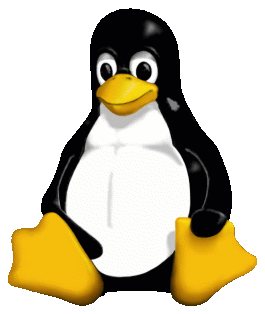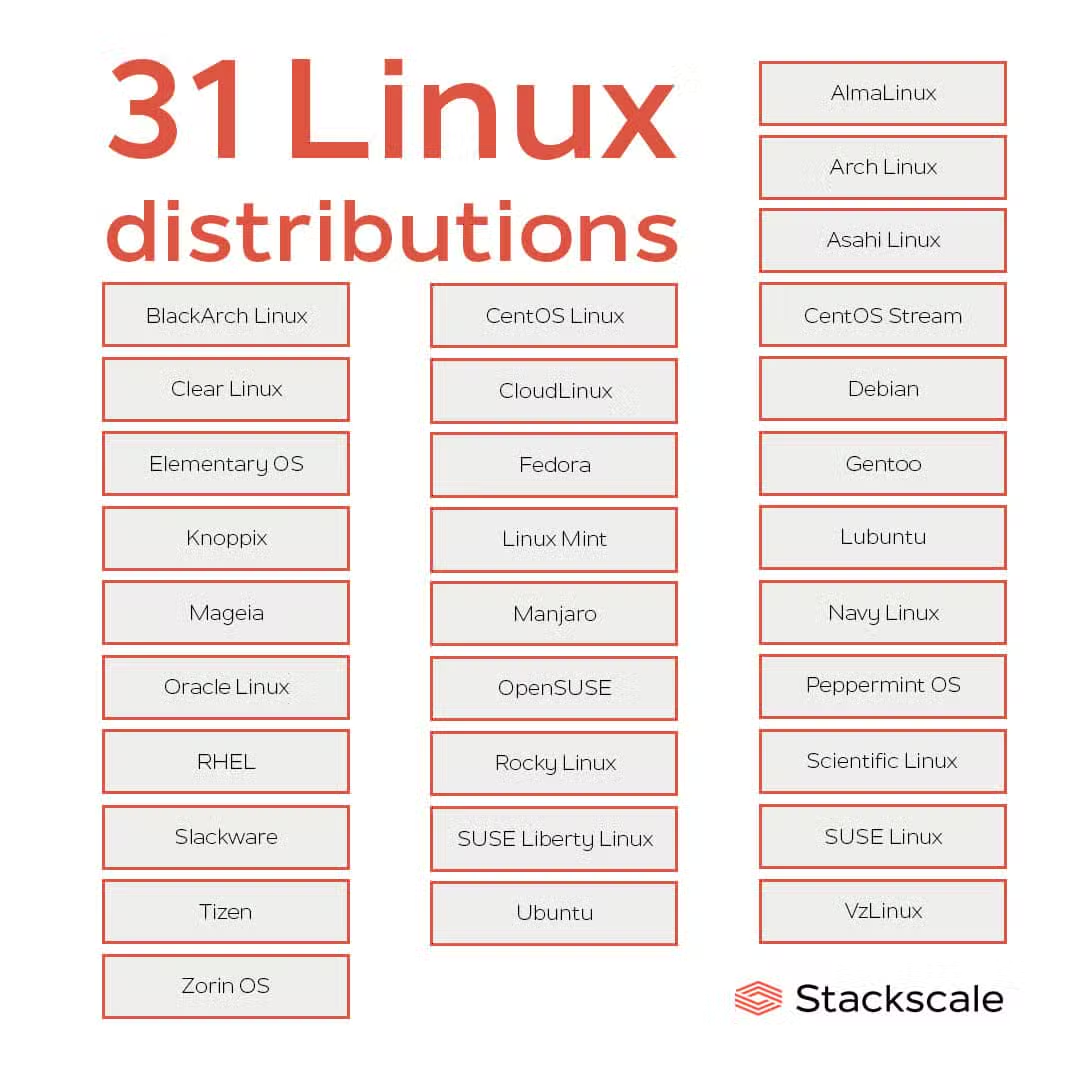What is Linux and Why is Linux
“Linux is only free if your time has no value.” – Jamie Zawinski
Table of Contents
- Introduction
- What is Linux?
Introduction
In the world of operating systems, Linux is the silent hero. It doesn’t flood the market with advertising, nor does it come pre-installed on most consumer computers. But behind the scenes, Linux is everywhere. From powering supercomputers and smartphones to controlling space stations, Linux is a quiet but dominant force.
This blog will not only answer “What is Linux?” but will delve into the deeper question: “Why is Linux?” — a journey through philosophy, functionality, freedom, and future.
What is Linux?
History of Linux
Linux began in 1991 as a hobby project by Linus Torvalds, a student at the University of Helsinki. Dissatisfied with the licensing of existing Unix systems, Torvalds created a free, open alternative.
His post on a Usenet group set the course for a global movement:
“I’m doing a (free) operating system (just a hobby, won’t be big and professional like GNU)…”
Over time, Linux grew from a humble kernel to a massive ecosystem, supported by a worldwide community.
What Makes Linux Unique
- Open Source: Anyone can view, modify, and distribute the source code.
- Modular Architecture: Linux can be minimal (command-line only) or a full desktop environment.
- Community-Driven: Maintained by thousands of contributors globally.
- Scalable: Runs on everything from microcontrollers to supercomputers.
Key Features
- Multitasking: Efficiently runs multiple tasks simultaneously.
- Multiuser: Multiple users can access system resources without interfering with each other.
- Security: Built-in permissions and user roles.
- Stability: Systems can run for years without a reboot.
- Customizability: Change desktops, themes, packages, or even the kernel.
- Efficiency: Low overhead; runs on old or limited hardware.
- Package Managers: Tools like apt, yum, and pacman simplify software installation.
Why is Linux?
The Philosophy of Linux
Linux isn’t just software; it’s an idea born from the Free Software Movement initiated by Richard Stallman. The ideology includes:
- The freedom to run the program for any purpose.
- The freedom to study how it works and change it.
- The freedom to distribute copies.
- The freedom to distribute modified versions.
This philosophy fosters innovation, transparency, and independence.
Open Source and Freedom
The open-source nature of Linux gives individuals and organizations complete control over their technology stack. It prevents vendor lock-in and encourages trust through code transparency.
“Given enough eyeballs, all bugs are shallow.” — Eric S. Raymond
Cost Efficiency
Linux is free to download, install, and use. No licensing costs make it perfect for startups, educational institutions, and governments.
It’s a cost-effective solution that doesn’t compromise on performance or features.
Stability and Performance
Linux systems often run for months or years without needing a restart. Its architecture emphasizes stability, making it ideal for:
- Servers
- Databases
- Embedded systems
- Scientific research
Linux Distributions (Distros)
A Linux “distribution” is a complete OS built around the Linux kernel, often including package managers, GUIs, and utilities.
Popular Distros
- Ubuntu: User-friendly, great for beginners
- Debian: Stable, foundational for other distros
- Fedora: Bleeding edge, developer-focused
- Arch Linux: DIY, minimal, highly customizable
- Kali Linux: Security-focused, penetration testing
- Red Hat Enterprise Linux (RHEL): Enterprise-grade, commercial support
- AlmaLinux/Rocky: RHEL alternatives for servers
Choosing the Right Distro
Choose based on your needs:
- For beginners: Ubuntu, Mint
- For advanced users: Arch, Gentoo
- For servers: Debian, CentOS, AlmaLinux
- For security: Kali Linux, Parrot OS
Linux vs. Windows vs. macOS
| Feature | Linux | Windows | macOS |
|---|---|---|---|
| Cost | Free | Paid | Paid |
| Source Code | Open | Closed | Closed |
| Customization | High | Low | Low |
| Security | High | Moderate | High |
| User Base | Developers | General Users | Creatives |
| Software Availability | Moderate | High | High |
| Gaming | Improving | Excellent | Moderate |
| Community Support | Extensive | Strong | Apple-centric |
Where is Linux Used?
- Servers: Apache, Nginx, MySQL servers
- Cloud Platforms: AWS, Google Cloud, Azure
- Smartphones: Android runs on the Linux kernel
- Supercomputers: All top 500 supercomputers run Linux
- IoT Devices: Routers, smart TVs, industrial systems
- Desktops: Increasing with Ubuntu, Fedora, Zorin
Linux in Modern Tech
Containerization
Linux powers Docker, Kubernetes, and container-based microservices.
DevOps
Linux is the heart of CI/CD pipelines using Jenkins, GitLab, and Ansible.
Artificial Intelligence
Most ML/AI frameworks (TensorFlow, PyTorch) are optimized for Linux.
Cybersecurity
Security researchers rely on Linux distros like Kali and Parrot for pentesting.
How to Get Started with Linux
- Pick a Beginner-Friendly Distro: Ubuntu, Linux Mint, Zorin OS
- Create a Live USB: Use tools like Rufus or Etcher
- Try Before Installing: Boot from USB without affecting your current OS
- Install: Simple graphical installers guide the process
-
Learn the Terminal: Start with basic commands:
ls,cd,cp,mv,sudo - Join the Community: Reddit, StackOverflow, official forums
Common Myths About Linux
- “Linux is only for hackers.” — Myth. It’s user-friendly.
- “You can’t run Microsoft Office.” — Myth. Use LibreOffice or Office Web.
- “Linux has no GUI.” — Myth. Try GNOME, KDE, XFCE.
- “Linux is hard to install.” — Myth. It’s easier than Windows in some cases.
- “No gaming on Linux.” — Myth. Steam’s Proton has made many games compatible.
Conclusion
Linux is not just a kernel. It’s not just a free OS. It is a testament to what communities can build when united by a philosophy of openness, freedom, and collaboration.
Whether you’re a student, a sysadmin, or a developer, Linux offers the tools, power, and freedom to make technology work for you — not the other way around.
As the world becomes more digital and interconnected, Linux will continue to be the silent force behind it all.
Final Thought: “Linux is free as in freedom, not just free as in beer.”



